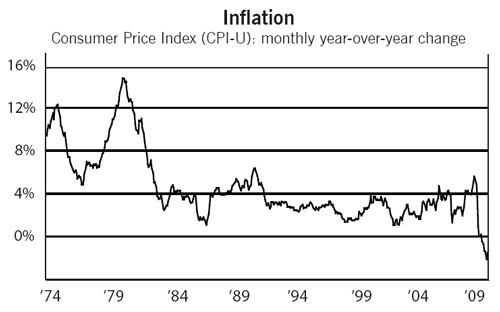- Messages
- 12,127
- Location
- East of Los Angeles
Your dad sounds a lot like both my dad and my father-in-law. Both men were born in 1913 and grew up during the Depression (dad here in the U.S., my father-in-law in Italy), and their priorities were providing for their respective families. Dad almost always worked six days a week, sometimes seven. My father-in-law had a full-time job at a steel mill outside of Chicago, and in his off-hours he painted houses and did other "handyman" jobs to make ends meet. To them, everything else was varying degrees of unimportant. Neither of our families were ever wealthy by anyone's measure, but we never wanted for food, clothing, or shelter because our dads spent the majority of their time making sure we had the things we needed. And their work ethic, by example, was instilled in me and my wife. This is not to say we don't occasionally spend money on things we "want" rather than "need", but if push comes to shove "need" is definitely the priority....My Dad on the other hand seemed agnostic as he said - earning a living was your number one job...





